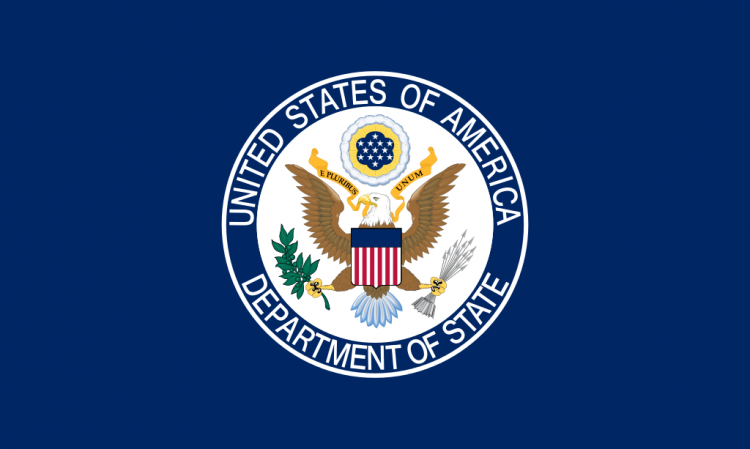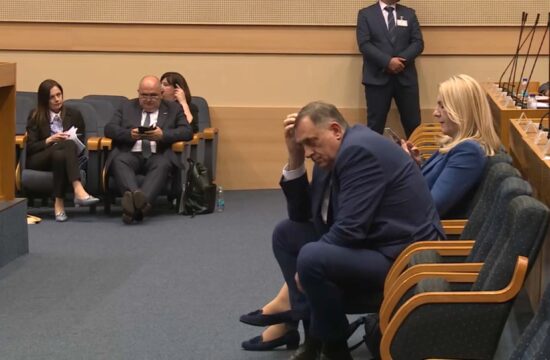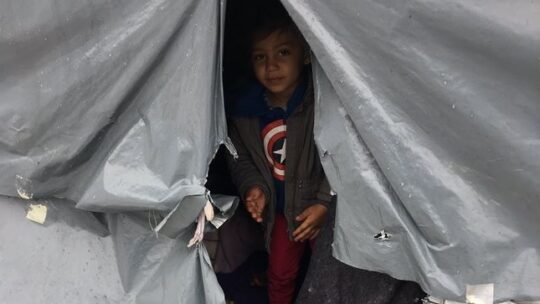
Corruption remains prevalent in many political and economic institutions in Bosnia and Herzegovina and raises the costs and risks of doing business, said the US State Department's report meant for US companies planning to do business in the country.
“Bosnia's overly complex business registration and licensing process is particularly vulnerable to corruption,” the report said. “The multitude of state, entity, cantonal, and municipal administrations, each with the power to establish laws and regulations affecting business, creates a system that lacks transparency and opens opportunities for corruption via parafiscal fees. Paying bribes to obtain necessary business licenses and construction permits, or simply to expedite the approval process, occurs regularly.”
The State Department noted that foreign investors have also criticized the government and public procurement tenders for a lack of openness and transparency.
The report recalled Transparency International’s (TI) 2019 Corruption Perception Index which had ranked Bosnia 101 out of 180 countries.
“According to TI, relevant institutions lack the will to actively fight corruption; law enforcement agencies and the judiciary are not effective in the prosecution of corruption cases and are visibly exposed to political pressures, and prosecutors complain that citizens generally do not report instances of corruption and do not want to testify in these cases,” the report said.
In 2011, the State Department added, Bosnia established a state-level agency to prevent and coordinate efforts to combat corruption. “While officially active, the agency has shown limited results.”
The State Department warned U.S. companies to carefully assess the business climate and develop an effective compliance program and measures to prevent and detect corruption.
The report also advises that alleged corruption by foreign governments or competitors can be brought to the attention of appropriate U.S. government officials, including U.S. Embassy personnel or through the Department of Commerce Trade Compliance Center “Report a Trade Barrier” Website.




